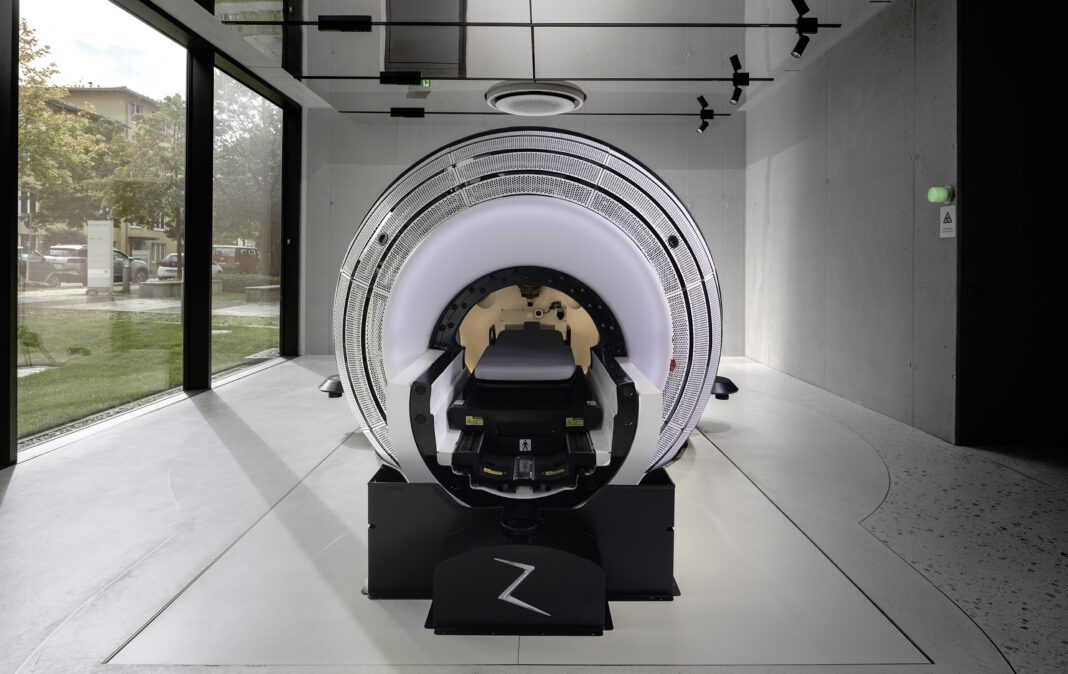Unicancer, a leading academic promoter of oncology clinical trials and medical equipment purchasing health cooperation group for 19 French comprehensive cancer centers, has selected the ZAP-X® Gyroscopic Radiosurgery® platform for cranial stereotactic radiosurgery. The news was announced by Zap Surgical.
Carefully chosen by domain experts including neurosurgeons, radiation oncologists, and medical physicists, Unicancer awarded ZAP-X as technology-of-choice for their member institutions.
Radiosurgery, also commonly referred to as SRS, is well recognized as an alternative to surgery for effectively treating many brain tumors, including brain metastases and functional disease. Unique from surgery however, radiosurgery requires no incision, no pain, and patients often immediately return to normal activities.
“Highly specialized treatments such as SRS require highly specialized tools. ZAP-X’s dedication to treating only cranial indications was critical in our selection process”, states Luc Delporte, Director of Purchasing and Access to Innovation at Unicancer. “While multi-purpose radiation delivery systems, commonly used to treat prostate and lung cancers, are readily available, the tailor-made design of ZAP-X for delivering world-class SRS will allow us to optimally protect healthy brain tissue and seek the best patient outcomes available.”
Using a distinctive gyroscopic design, the ZAP-X platform delivers hundreds of uniquely angled ionizing beams to precisely sculpt radiation to the unique contours of targeted tumors.
ZAP-X is also recognized for being the first and only dedicated intracranial SRS platform to no longer require hosting volatile radioactive isotopes in the clinical setting. Additionally, ZAP-X is acclaimed for being the first and only vault-free SRS delivery system, thus typically eliminating the need for providers to build costly shielded radiation treatment rooms.
